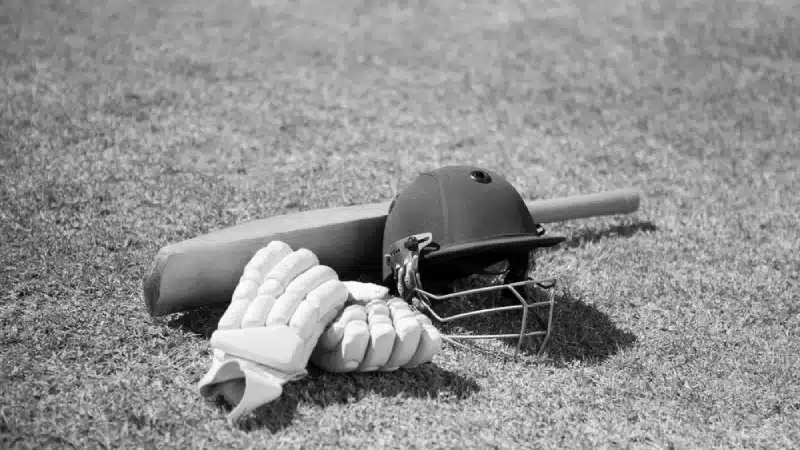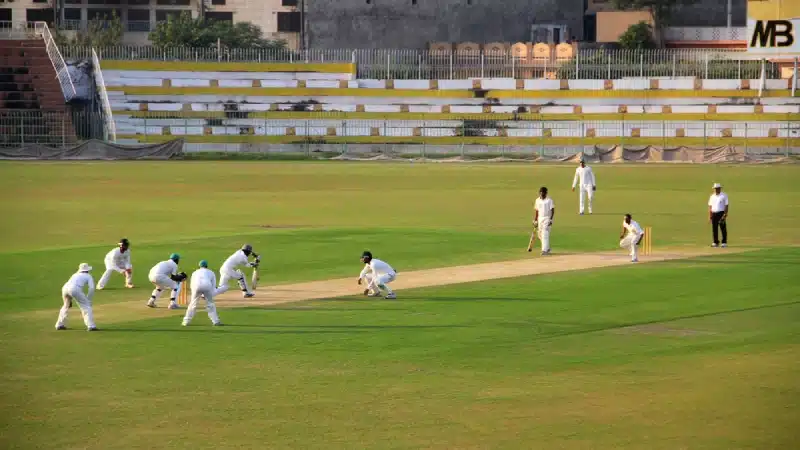
From the 2024-25 season onwards, the UEFA Champions League will be played with a new set of rules which will see the group stage games being replaced by a 36-team league table format.
As quoted by the UEFA, the new format of the continental championship will ‘enable long-term viability, prosperity, and growth for everyone in European football, not just a tiny, self-selected cartel’.
The main idea behind the entire revamp is to give fans an opportunity to see more of Europe’s top teams playing each other in the early stages of the competition as there will be 100 additional games for them to enjoy.
Furthermore, apart from the Champions League, the UEFA Europa League as well as the Europa Conference League will adopt a similar concept.
UEFA Champions League new format - explained
Unlike the ongoing edition where 32 teams are divided into eight groups of four, the new format will see the number of teams increasing to 36 and it will have a single league format.
This means that unlike the usual six matches that the teams currently play in the group stage, they will play 10 games each - five home and five away. Instead of playing just three teams twice in the group stage as is the case at present, UCL 2024-25 will witness teams facing 10 different sides once - half at home and away - in the league format.
“This gives the opportunity for clubs to test themselves against a wider range of opponents – and also raises the prospect of fans seeing the top teams go head to head more often earlier in the competition,” reads a statement from UEFA.

Although UEFA are yet to release the minute details, it has been confirmed that the top eight teams will qualify directly for the round of 16 ties. The remaining slots will be filled by the teams placed between ninth and 24th in the single league format after a playoff round.
“Those who finished between ninth and 16th will be seeded in the playoff draw, meaning they will face a team placed 17th to 24th – with home advantage in the second-leg match,” said UEFA.
Those sides finishing below 24th will be eliminated and won’t be a part of the Europa League either. From the round of 16 onwards, the format has been kept the same as it is currently, meaning that the qualified teams will meet twice, home and away, with the side that has a better aggregate score after two legs qualifying for the next round.
What will determine the four extra slots?
In order to tackle the added slots conundrum, UEFA will rely on their coefficient rankings. Furthermore, it’s important to note that a club’s final position in the previous domestic season is set to play a big role. The criteria to occupy those four remaining slots are as follows.
Slot one: One position will go to the team ranked third in the league of the country that is fifth in UEFA's coefficient ranking. For example, speaking as of February 2022, the slot will go to a team from France’s Ligue 1.
Slot two: Another slot will be awarded to the domestic league champions with the highest coefficient ranking who have not automatically qualified for the competition. This comes as great news for teams from Scotland, Azerbaijan and Romania who were required to go through the qualifiers as per the present UCL format.
Slot three and four: The final two spots will go to teams with the highest coefficient ranking who have not automatically qualified for the competition, but have finished within the qualifying position for the Europa League or Europa Conference League.
For example, say if Manchester United finish seventh in the Premier League, they will have a chance to qualify for the Champions League due to their high UEFA coefficient ranking.
Why has UEFA changed the format?
There are several reasons, with the primary being the added excitement of watching top teams going head to head more frequently. And well, one cannot discount the finances either. A growth to almost double the matches from the current format means there’s a scope of signing an even bigger TV deal, which in turn will bring in more revenue for UEFA.
Now, UEFA might have said the new format is for the growth of European football, but the league stage format might see many more dead rubbers than UEFA are anticipating. For instance, the 30th-placed team playing against the 36th is certain to gather next to no excitement whatsoever.
Featured photo: AFP / Carl Recine




















